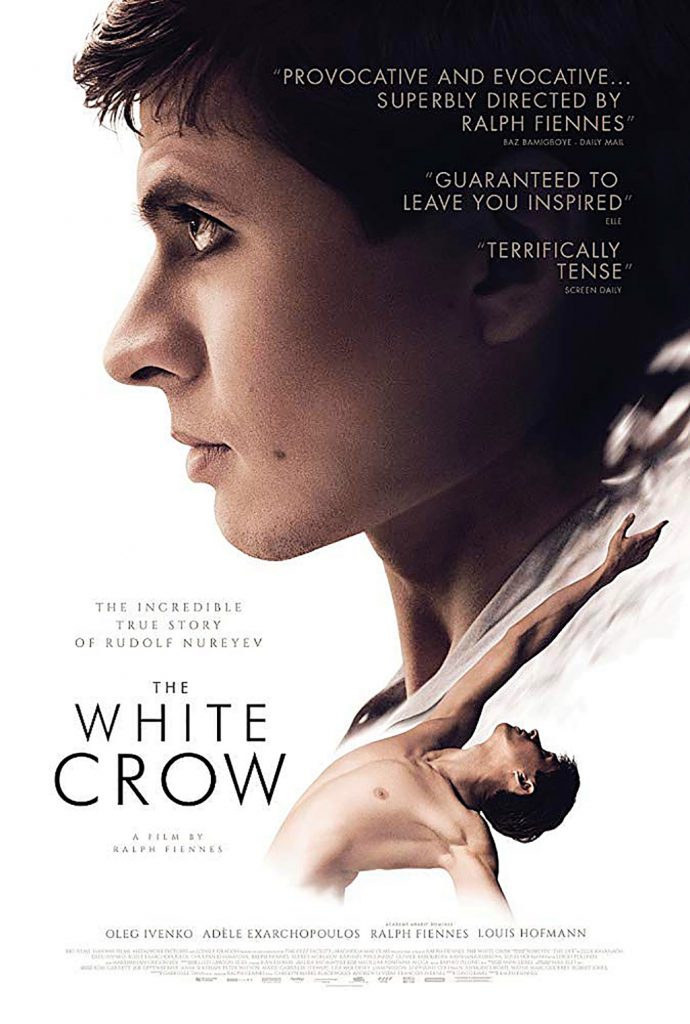Paul O'Rourke
WE weren’t in the elevator when Ralph Fiennes was attempting to close the deal on his latest movie, but we imagine the sales pitch went something like this…
“You know the film Black Swan, about the female ballet dancer? Well, instead of a female dancer, how about a male one, instead of a swan, how about a crow, and instead of black…”, You can guess the rest. It may or may not have happened like that, but the result, 'The White Crow', is certainly no 'Black Swan' remake.
Depending on your point of view and whether or not you enjoy psychological horrors, that may or may not be a good thing.
In any event, this particular balletic offering tells the less horrific story of real life pirouette practicer, Russian Rudolph Nureyev, widely regarded as the greatest dancer of his generation. White Crow, we are told, is the English translation of a Russian phrase which means someone who doesn’t quite fit in, and that single mindedness to go his own way very much comes across in the film, which stars actual dancer, Oleg Ivenko, in the lead role.
Fiennes both directs, and appears in front of the camera as Nureyev’s coach, Alexander Pushkin, doing a fine job at each, in a story that moves at a canter more than a gallop, (or the equivalent ballet metaphor) but pays off with an energised finale. And while it doesn’t pretend to cover the subject’s entire life, it does concentrate on the most interesting part, a choice we can be thankful for.
The writer, David Hare, best known for 'The Hours' and 'The Reader', could perhaps have injected more passion into a sometimes plodding script, but the tension of the film’s third act thankfully saves the day.
We’re deliberately not giving too much away about the plot and Nureyev’s life story, as the movie offers something extra to those who are unaware of how events actually unfolded.
Overall the movie offers enough to entertain and while it doesn’t wow like one of Nureyev’s performances, it does deserve a review score of 3.5 toe-balancing stars.
